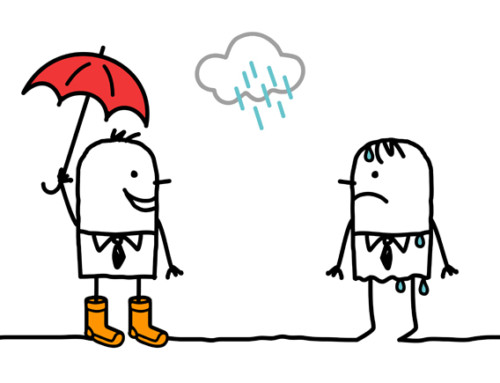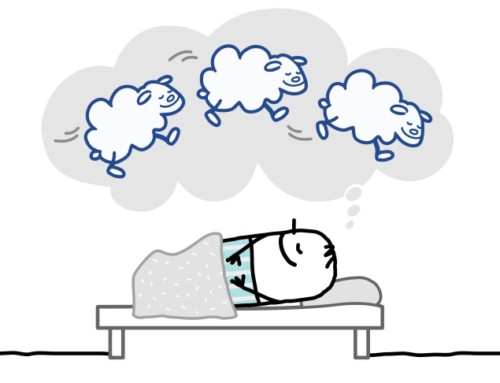In this first of two articles, I discuss habits to help you or someone you know address issues with social anxiety.
In my continuing series on habits, I now turn to habits to help people address issues with social anxiety. These issues focus on the experience of significant discomfort in social situations which is often accompanied by avoidance of social interaction as a result of this discomfort.
There are two categories of social anxiety issues—general and specific. General social anxiety entails discomfort in and avoidance of a variety of situations involving being in the presence of people. Specific social anxiety involves discomfort in and avoidance of only one or a limited number of social situations with particular dynamics such as public speaking or eating in the presence of others.
It is important to note that everyone experiences a certain amount of anxiety in social situations without it being a problem which needs addressing. It becomes an issue when discomfort in and avoidance of social interaction reaches the point at which it has significant negative effects on major areas of one’s life such as work, school and relationships.
Fortunately, there are skills from cognitive behavioural therapy (CBT) which you can use to reduce discomfort in social situations and overcome avoidance of these situations. In this first of two articles, I will discuss the key to addressing social anxiety issues on which these skills are anchored.
The key to addressing social anxiety issues: Gradual exposure with coping
The key to addressing social anxiety issues is getting as much exposure as possible to social interaction situations. This exposure yields two positive results which are integral to addressing social anxiety issues—desensitization and inhibitory learning. Desensitization (also called habituation) refers to lasting reductions in anxiety levels which come from getting enough exposure to situations in which you experience anxiety. Inhibitory learning entails realizing through sufficient exposure to anxiety-provoking situations that you can cope effectively in these situations despite your discomfort.
How to expose yourself to social situations in which you experience social anxiety: Two strategies
You might legitimately wonder how a person who is so anxious in social situations that they avoid them can get the exposure necessary to achieve the benefits of desensitization and inhibitory learning. This apparent Catch-22 can be overcome by using two strategies: (1) Expose yourself to social situations using a gradual, hierarchical approach starting with relatively low-anxiety situations and progressing through situations which are more challenging; (2) Use CBT coping skills while during these exposures.

Two principles which lead to exposure producing positive results
Applying these skills will allow you to keep your anxiety at a manageable level while in each exposure situation. In turn, this will allow you to apply the two principles which lead to exposure producing the positive results of desensitization and inhibitory learning: (1) Each exposure should be prolonged rather than brief. That is, try to remain in each exposure situation for at least 30-40 minutes or until you can feel a reduction in your anxiety; (2) Repeatedly expose yourself to each social interaction situation in your hierarchy. Repeated exposures are more likely than one-shot exposures to lead to desensitization and inhibitory learning.
In my next article, I will discuss CBT coping skills you can use during your exposure to social interaction situations which will help you keep your anxiety at a manageable level. As I mentioned, this will allow you to expose yourself to these situations long enough and repeatedly so that you are able to reap the benefits of desensitization and inhibitory learning. Achievement of these benefits is the primary indicator of having successfully addressed issues with social anxiety.
You may find it helpful to receive some guidance in implementing these habits for addressing social anxiety issues by meeting with a psychologist who specializes in CBT. I help my clients in social anxiety counselling learn and practice these and other skills in my work as a Calgary psychologist and a Cochrane psychologist.
May you use gradual exposure with coping to address your social anxiety issues,
-Dr. Pat






Leave A Comment